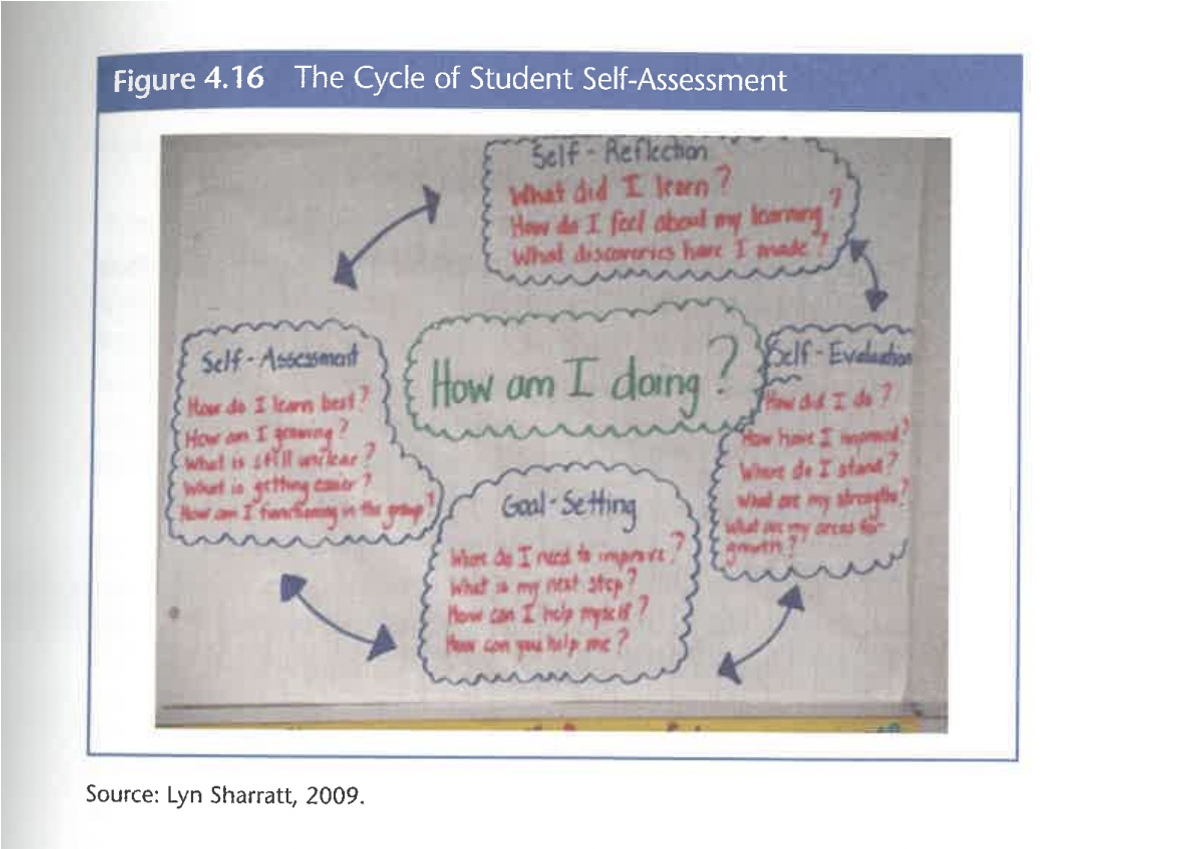Leader of Pedagogy
Ms Natalie Mellowship (Years 7-9) & Mrs Jenny Roff ( Years 10-12)

Leader of Pedagogy
Ms Natalie Mellowship (Years 7-9) & Mrs Jenny Roff ( Years 10-12)
As educators the powerful practice of individual goal setting can be significant for our students’ educational journey. Fostering a culture of goal setting can help students build a passion for learning, as well as personal growth and development.
Individual goal setting doesn’t just have to be about academic endevours but can take on a more holistic approach as a personal development tool, helping to improve resilience and self-motivation. If students are setting realistic and achievable goals, they are able to take ownership of their learning and can develop the essential skills required to succeed such as time management, problem solving and self discipline.
In the classroom setting, teachers must be continuously asking “Can my students apply what has been learned to new situations?” according to Lyn Sharratt (Clarity, What Matters Most in Learning, Teaching and Leading, 2019). By utilising this cycle of student self-assessment, individual goal setting can be used as a tool to empower students to set and achieve their own goals, preparing them for a future where they can navigate challenges with confidence and resilience.




Ms. Natalie Mellowship
Leader of Pedagogy, (7-9).
Feedback serves as a compass that guides students towards deeper understanding and improvement. It is more than correcting mistakes; it is a supportive dialogue that empowers learners to reflect on their journey and make meaningful adjustments. Timely and constructive feedback can bolster confidence, enhance motivation, and nurture a culture of continuous learning.
Effective feedback comes in various forms, each tailored to meet the unique needs of learners:
Formative Feedback: Given during the learning process, formative feedback informs students about their progress, identifies areas for improvement, and suggests specific actions to enhance understanding.
Summative Feedback: Provided at the end of a learning phase, summative feedback evaluates overall performance against specific criteria and highlights achievements while suggesting avenues for future growth.
Peer Feedback: Encouraging students to provide feedback to their peers promotes collaborative learning and cultivates empathy and critical thinking skills.
At O'Connor, staff are continually providing feedback to students to support their learning and to assist them to improve the quality of their work.


Mrs Jennifer Roff
Leader of Pedagogy, (10-12)